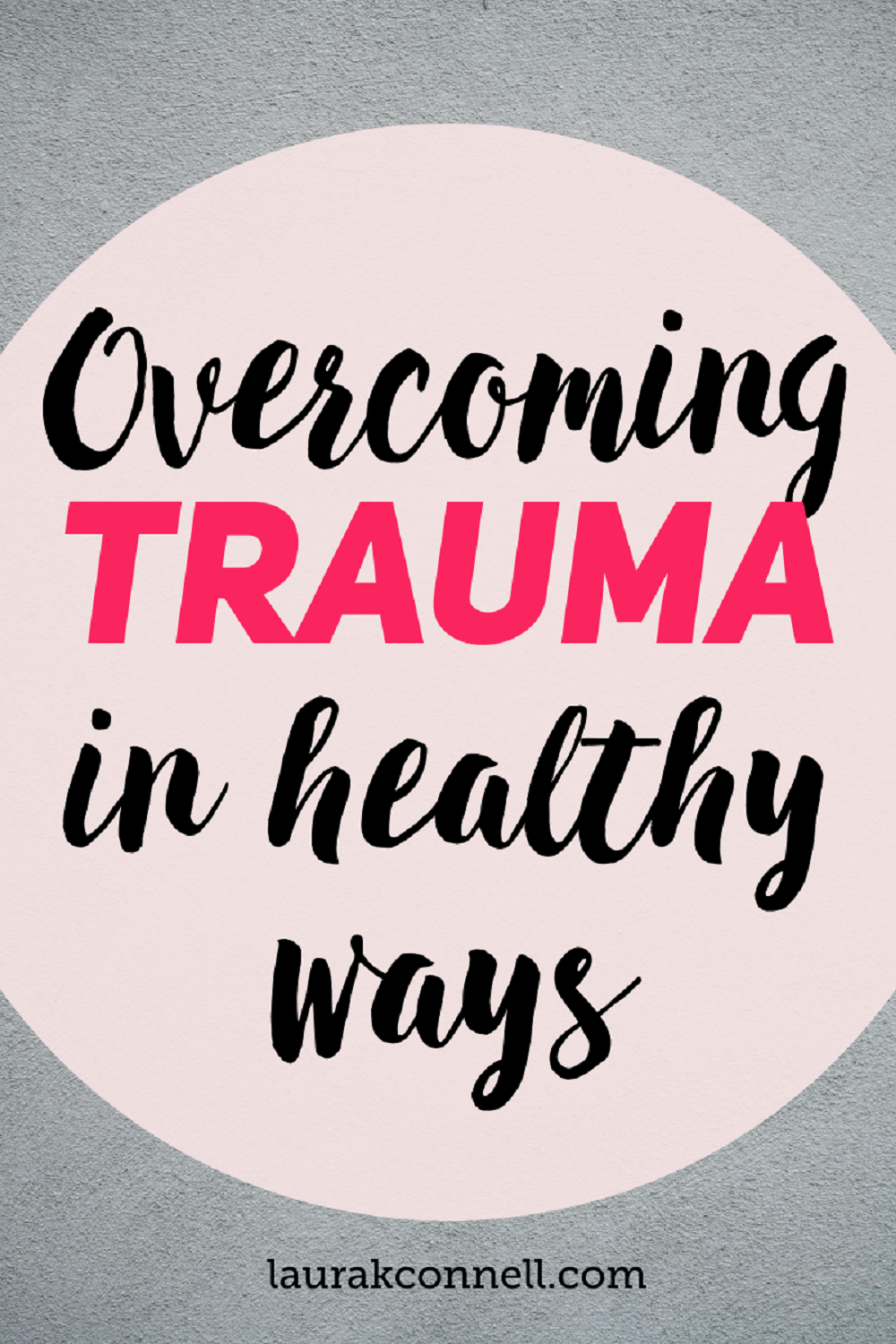Overcoming trauma: how to heal from painful past events
Overcoming trauma means finding ways to combat lingering assaults on our bodies and minds.
If you've experienced trauma, you may vacillate between panic and anxiety or emotional numbness.
I spent most of my adult life feeling detached from others and using alcohol to sedate my feelings, for instance.
When I started the process of overcoming trauma honestly, that's when anxiety kicked in.
So, fearful feelings for me were a positive sign I was dealing with things rather than stuffing them down.
If you're struggling in the aftermath of trauma, there are many things you can do to heal.
https://youtu.be/CHm2gTkNQxc
5 strategies for overcoming trauma
Whether overcoming trauma from childhood abuse and neglect, or more recent events, here are 5 healthy ways to rebuild.
1. Physical movement
Even when you don't feel like it, exercise for 30 minutes most days. Even moderate movement will release endorphins and reduce stress to help you recover.
Less intense exercise, especially rhythmic movements like walking or running, will serve you best.
2. Mindfulness
Mindfulness means paying attention to the present moment. It can be done in tandem with exercise by focusing on your movements rather than ruminating on your thoughts.
Or simply take in your surroundings. Focus on what you see, touch, and smell in that moment. Breathe deeply and pay attention to your breath to control anxiety.
Observing nature is another way to stay present. Nature has the added benefit of proven healing effects.
Comfort yourself with tactile luxuries like a soft blanket or smells, like lavender, that calm and ground you.
3. Reach out
Connect with others even when it's the last thing you want to do. And don't feel like you have to talk about your problems. Simply avoiding isolation will help.
Force yourself to be social even if it's via a zoom call. In these times, online chats are a fine way to connect with others and avoid feeling alone.
Find a support group which specializes in the issues you are facing. Or seek support from a pastor or other counselor.
Help others. Some trauma survivors use their experience as a launch pad to help others dealing with the same issues.
They start foundations or ministries dedicated to people who are suffering through things from which they've recovered.
This has the dual benefit of helping others while healing feelings of helplessness and being held back by the trauma.
4. Feel your feelings
Be honest about your emotions and let them run through you. Don't deny or try to escape them.
Remember, you are not your emotions, but you have emotions. Lean on God as you process your anger or sadness.
5. Good self care
Taking care of yourself includes a healthy routine. Eat a balanced diet and take your meals at around the same time each day.
Get a good night's sleep. Go to bed and wake up at about the same time each night.
Avoid unhealthy coping mechanisms like alcohol, drugs, and overeating. They will only make you feel more isolated and alone.
Medicating pain this way does nothing to solve your problems or help you grow. These false comforts keep you stuck by masking the problem rather than addressing them.

